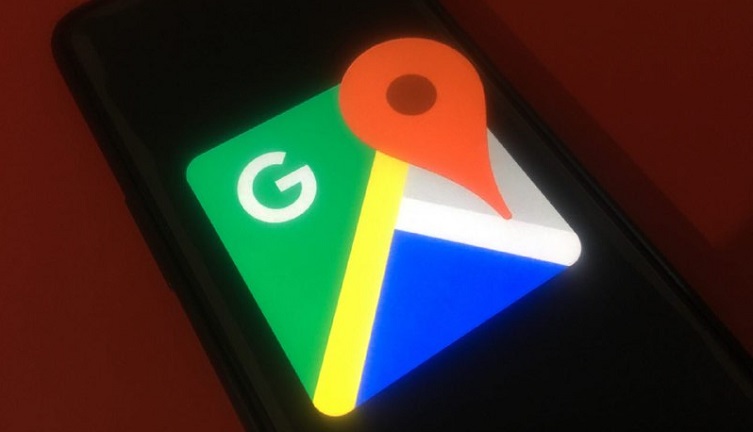#Poll alert!
— PiunikaWeb (@PiunikaWeb) June 6, 2021
Do you think Google/Apple should block app updates that lack well-written changelogs from the Play Store/App Store?
Vote below and read our opinion here: https://t.co/ovcZcqovDC#Google #Apple #updates #update #PlayStore #AppStore #opinion
New updates are being added to the bottom of the story…
Original story (from June 06) follows:
No PiunikaWeb reader is a stranger to software updates on their smartphone, smartwatch, tablet, smart TV, smart speaker, laptop, gaming console and whatnot.
Those little pop-up windows that alert you whenever there’s a new software update available for your device can bring day and night changes to your device, be it in terms of performance or feature set.
Owing to what they bring to the table, major or minor, software updates are no less important in today’s digital space. Not only do they bring new features and bug fixes, but they also improve device security.
With up to date software running on your devices, you’ll be confident that whatever you do with the device remains secure, but this needs to be done on a regular basis.

While we are always up in arms whenever the various devices and apps we use don’t receive regular updates, anyone who knows a thing or two about writing code is aware software development and maintenance is no walk in the park.
It takes long hours of work to ensure that software is properly optimized and without any major bugs. Even so, having bug-free software after all the efforts is still close to impossible.
In fact, it’s for this reason OEMs and various software developers are always on toes, trying to figure out how to address the next bug that shows up while also adding new features.
Again, I reckon that software development and maintenance is not everyone’s cup of tea. But hey, can we talk about the vague “Bug fixes” and “Performance optimizations” update release notes developers keep pushing with every new version?

Many will agree that quite a good number of app developers, including some of the big names like Apple and Google, at times treat update release notes as an afterthought.
Ideally, all they want is to tick the “Changelog” or “What’s new” checkbox for the new release without putting too much thought into the process and the impact on the end users.
Perhaps what most fail to understand is that properly written changelogs present the chance to keep users excited about the product. They get to know the contents of the new update as well as the value of your product.
Since consumers are always at the heart of every product’s success story, software updates to these products should be about them.
If there’s a stability update rolling out, consumers deserve to know the exact thing that went down to improve the said stability, but in the simplest terms possible.
You deserve to know what exactly changed to result in the alleged “Performance optimization.” It’s prudent for app developers to tell their users what exactly they fixed rather than throw a blanket “Bug fixes” changelog with each iteration.
It irks me even more when developers keep including the same changelog in multiple versions of the update. I’ve seen this multiple times with Samsung, Nokia, and Xiaomi monthly security updates.
Google is a culprit too. The Google Tasks update release notes, for instance, haven’t changed for nearly two years. You can click/tap on the image below to see for yourself.

If devs were indeed working on something (bugs, improvements or optimizations) and they actually succeeded, what’s so hard about listing the exact bugs/improvements/optimizations that they were actually working on and claim to have addressed?
The use of “Bug fixes” and nothing specific can easily be misinterpreted — that nothing was actually fixed with the new updates.
Where the same changelog is used multiple times, it also suggests the same — that nothing has been changed, otherwise, we’d actually see what changed in the official release notes instead of the same previous changelog.

Software developers need to stop with this laziness of providing vague “Bug fixes” and “Performance optimizations” update release notes and instead give detailed changelogs.
Heck, maybe even block app developers from publishing their apps in the Play Store or App Store unless they can provide a detailed changelog to the incoming update.
Both Google and Apple would need to set examples with their in-house app updates on the Play Store and App Store, respectively; something they are also struggling to do. But hopefully, this ends sooner than later.
NOTE: The article will be updated after a week with results from Twitter poll above.
Update 1 (June 06)
The results of the poll are out now. While 68.4% believe Google/Apple should block app updates that lack well-written changelogs from the Play Store/App Store, 15.8% consider it unnecessary and 15.8% are of the opinion they do it too.
PiunikaWeb started as purely an investigative tech journalism website with main focus on ‘breaking’ or ‘exclusive’ news. In no time, our stories got picked up by the likes of Forbes, Foxnews, Gizmodo, TechCrunch, Engadget, The Verge, Macrumors, and many others. Want to know more about us? Head here.

![[Poll results out] Vague [Poll results out] Vague](https://stage.onepluscorner.com/wp-content/uploads/2021/02/samsung-android-12-one-ui-4.0.jpg)
